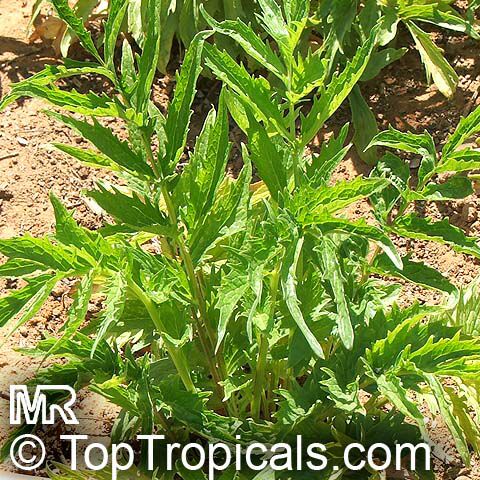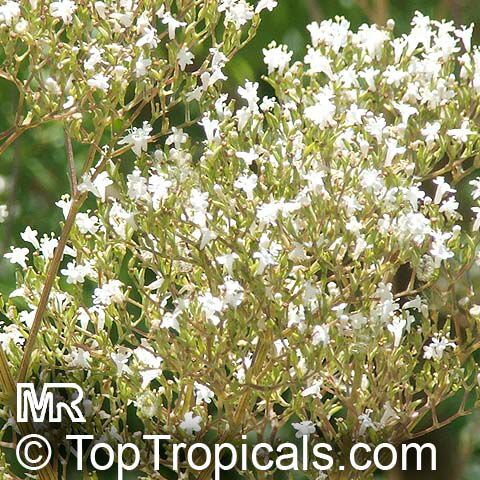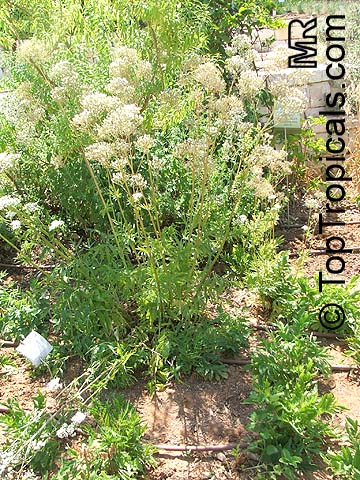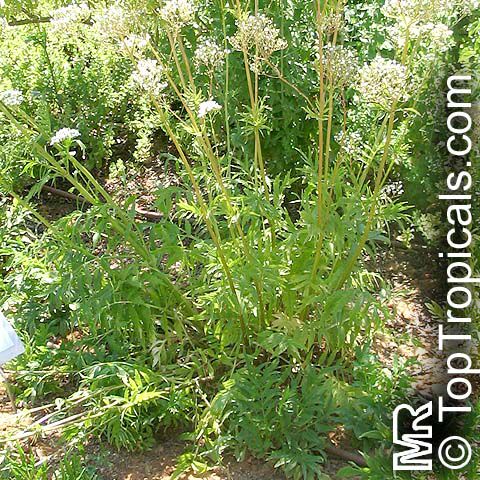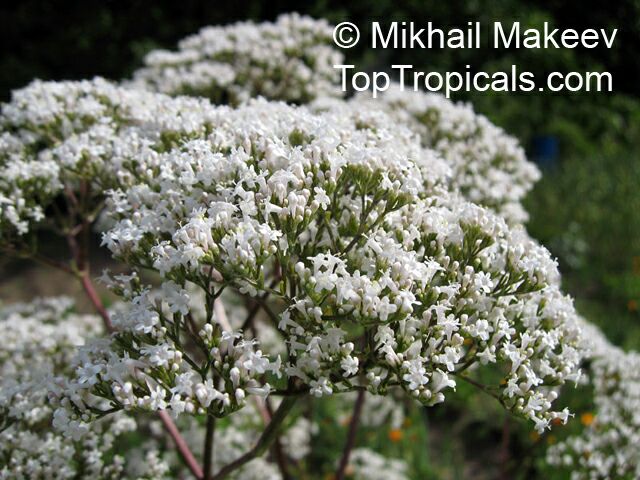Valeriana officinalis (Valerian)
Botanical name: Valeriana officinalis
Common name: Valerian
Family: Valerianaceae
Origin: Europe, Northern Asia








Valerian is a medicinal herb that is often used to treat nervous disorders and improve sleep. It has a calming effect on the nervous system and is effective in treating conditions such as nervous unrest and neuralgic pains. Valerian is also helpful in reducing blood pressure and is used to treat menstrual cramps, irritable bowel syndrome, and hypertension.
Valerian is a small shrub that is native to Europe and northern Asia, reaching heights of two to five feet. It has white or off-white flowers that attract pollinators such as butterflies and hummingbirds. Valerian is easy to care for and can thrive in full sun to semi-shade with regular watering and fertile soil. It is somewhat drought resistant, but still requires regular watering, especially if grown in a pot. In colder regions, valerian should be brought indoors or adequately protected with mulch during the winter, as its tubers and roots are sensitive to freezing. Valerian can be propagated through seeds, root cuttings, or cuttings from young growth and can be grown in USDA zones 4 to 10. However, in areas with colder winters, it will need winter protection.
In conclusion, valerian is a versatile and attractive plant that has numerous medicinal benefits. It is easy to care for and can add beauty and therapeutic value to any garden.
